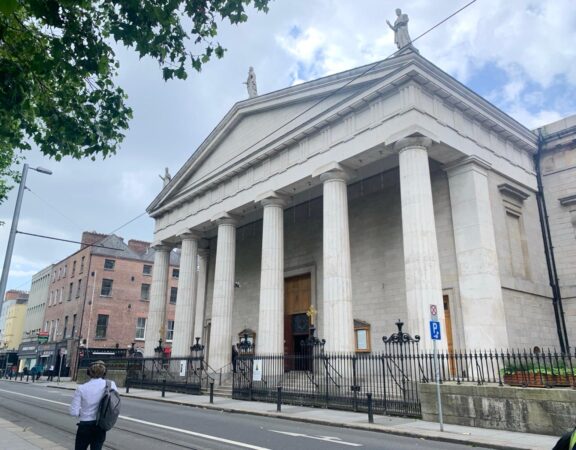Numerous interventions have spoken about the complex cultural situation within which people today encounter the proclamation of the word of God. I speak as Bishop of a diocese where in recent years a climate of secularisation has made dramatic and rapid inroads into a culture which, until not very long ago, was marked by a strong presence of belief. There are still elements of an underlying traditional religious culture, but unfortunately for many the scriptures are in reality unexplored, almost alien territory.
Often I think of the Gospel account in Mark 6 of the visit by Jesus to his own town where his townsfolk, despite all the factual information they possessed about Jesus and his family, remained trapped in a mindset which made them unable to come to an understanding of his message and his true identity, to the point where Jesus could not work any miracles there because of their lack of faith.
Many of our contemporaries have from their earlier catechesis some knowledge of Jesus but may never have had the experience of a real encounter with him. In the face of a secularized climate, this superficial remnant of their religious knowledge, like that of Jesus’ townsfolk, may even become an obstacle to their developing a deeper faith.
But the episode in Mark 6 does not end with the rejection of Jesus by his own and his inability to work miracles for them. Significantly, Jesus encounters some sick people and cures them. The faith of these sick persons is placed in sharp contrast to that of his own townspeople.
In the Gospels we note that the proclamation of the Good News by Jesus was accompanied on so many occasions by his caring for the sick and his restoration of those who lives were troubled and distressed. The proclamation of the Word and the exercise of concrete charity belong together: there is a certain sense in which the scriptures can only be understood through a sort of hermeneutic of charity.
Our pastoral responses to expanding access to the Word of God have to be differentiated. New ways -visual rather than verbal, experiential rather than purely intellectual – have therefore to be found to introduce people once again to a culture of the word
.






